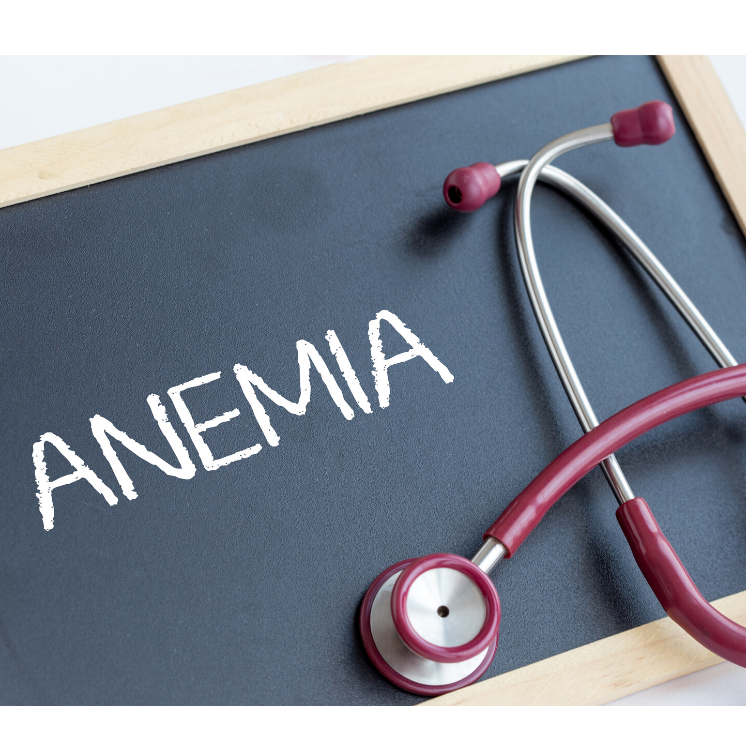Iron-Deficiency Anemia

Iron-deficiency anemia is the most common form of anemia. Without iron, we cannot make a normal amount of hemoglobin. Hemoglobin is the part of a red blood cells that carries oxygen around our body. This is very important in pregnancy and has implications for mom’s and baby’s health.
Sometimes women have low hemoglobin due to other reasons not related to their iron stores. This can be due to an inherited condition or even due to an absorption problem (due to things like gastric bypass). No matter how much iron these women ingest their hemoglobin is not going to rise. This is a special situation that sometimes requires a referral to a physician called a hematologist who can then decide if IV iron is necessary. The focus of this article is for the women who do not have a genetic reason for low hemoglobin and who do not have absorption issues. Our focus here is to learn how to best supplement iron into our diet when you get the phone call from your health care provider to take iron or eat more iron containing foods.
First, there are two forms of dietary iron: heme and non heme. Heme iron is derived from hemoglobin. Your body absorbs heme iron best. It is found in animal foods that originally contained hemoglobin, such as red meats, fish, poultry and pork. These meats do also have non heme iron. Non heme iron while found in meats is also found in plants. It is not absorbed as well as heme iron.
Great sources of heme iron:
Beef
Turkey
Chicken
Pork
Oysters
Best sources of nonheme iron:
Fortified breakfast cereals
Iron fortified instant oatmeal
Beans
Dark chocolate
Soybeans
Lentils
Spinach
Cashews
Tofu
Whole grain and enriched breads
Raisins
Lima beans
Here’s a little trick. Anything with Vitamin C - oranges, tomatoes, berries, kiwi, or even a 500mg Vitamin C capsule will help you absorb iron. Coffee, tea, and milk blocks absorption of iron. So, if you are going to have coffee to start your day wait 2 hours before taking your prenatal vitamin. In addition, if you are sitting down to eat a steak in an effort to get more heme iron - have it with a cup of orange juice (or lemon in water if you have diabetes). Don’t eat it with a cup of milk on the side if you want to achieve the best absorption.
Supplementing
All pregnant women should take a prenatal vitamin with 30mg of iron daily (unless they have a medical condition called hemochromatosis). This is generally what is found in a prenatal vitamin.
In addition to your prenatal vitamin, sometimes it is necessary to take another supplement. Treatment of iron deficiency anemia can be treated with over the counter oral ferrous sulfate 325 mg taken one to three times a day per your healthcare providers recommendations. Iron can cause constipation and nausea so three a day may be difficult to take. This is equal to 65 mg elemental iron per tablet. (Again the Vitamin C taken with it will help absorption)
Michelle Liddy, CNM

SHARE